All Formats & Editions
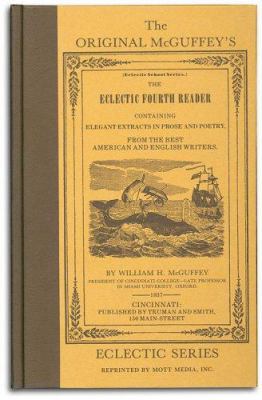
McGuffey's Eclectic Fourth Reader

McGuffey's New Fourth Eclectic Reader
The fourth reader begins with exercises in marks and pauses (punctuation and editor's marks), articulation, accent, and inflection. These exercises are followed by 80 lessons-51 in prose and 29 in poetry. Complexity and vocabulary level has increased dramatically since the first...
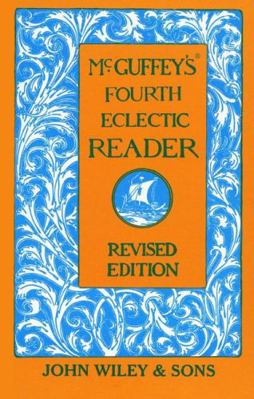
McGuffey's Fourth Eclectic Reader
Since 1836, children have been delighted by these volumes filled with exotic adventures, exciting stories, beautiful poems, and funny fables. The Fourth Eclectic Reader includes "Try, Try Again," "Robinson Crusoe's House," and "The Wreck of the Hesperus."
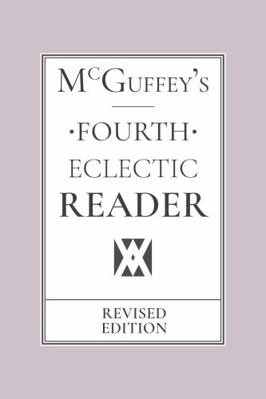
McGuffey's Eclectic Fourth Reader: Revised Edition

McGuffey, Fourth Reader
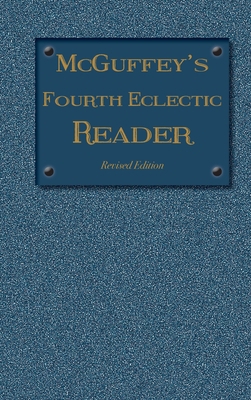
McGuffey's Fourth Eclectic Reader: (1879) Revis...

mcGuffey's Fourth Eclectic Reader, Rev. Ed.

McGuffey's Fourth Eclectic Reader, Revised Edition

Mcguffey's Fourth Eclectic Reader: Fourth Reade...
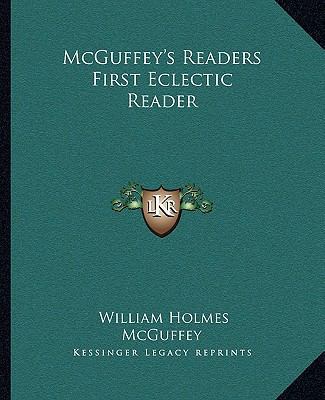
McGuffey's Readers First Eclectic Reader
McGuffey's Readers First Eclectic Reader is a classic American textbook that was first published in 1836 by William Holmes McGuffey. It is a collection of stories, poems, and other literary works that are designed to teach children how to read and improve their reading skills...
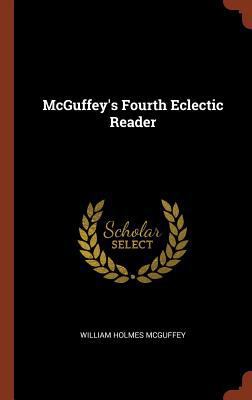
McGuffey's Fourth Eclectic Reader
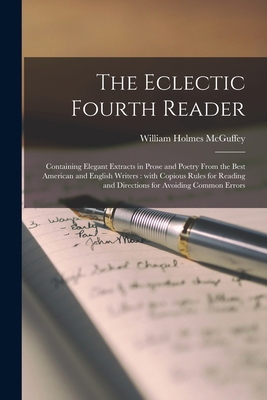
The Eclectic Fourth Reader: Containing Elegant ...
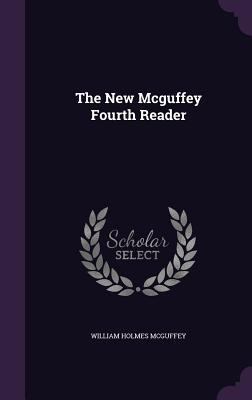
The New Mcguffey Fourth Reader
This work has been selected by scholars as being culturally important, and is part of the knowledge base of civilization as we know it. This work was reproduced from the original artifact, and remains as true to the original work as possible. Therefore, you will see the original...

Mcguffey's Fourth Eclectic Reader: Revised Edit...
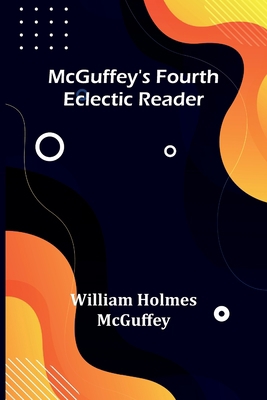
McGuffey's Fourth Eclectic Reader
McGuffey's Fourth Eclectic Reader, has been acknowledged as a major work throughout human history, and we have taken precautions to assure its preservation by republishing this book in a modern manner for both present and future generations. This book has been completely retyped,...
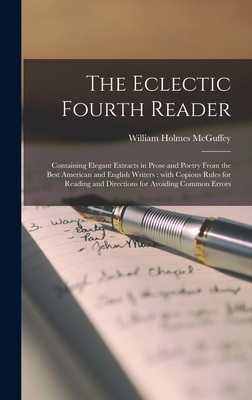
The Eclectic Fourth Reader: Containing Elegant ...

McGuffey's New Fourth Eclectic Reader: Instruct...
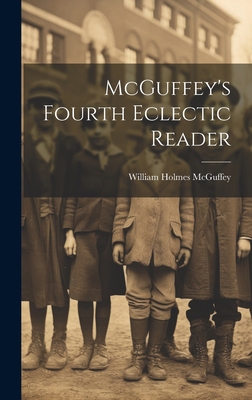
McGuffey's Fourth Eclectic Reader
First published in 1836, McGuffey's Fourth Reader was a staple of American education for over a century. It contains a rich selection of prose and poetry, aimed at developing the literacy, morality, and patriotism of young readers. This work has been selected by scholars...
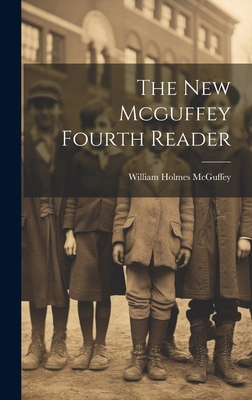
The New Mcguffey Fourth Reader
Originally published in 1836, the McGuffey Readers revolutionized American education by introducing a new approach to teaching students how to read and write. The Fourth Reader in the series builds on the skills developed in earlier volumes, presenting challenging new material...

McGuffey's Fourth Reader - paperback
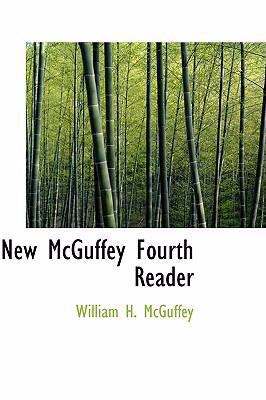
New McGuffey Fourth Reader
qLessons inculcating kindness courage obedience industry thrift true manliness patriotism and other duties and obligations form no small portion of the contents.q
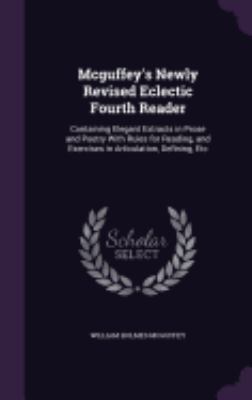
Mcguffey's Newly Revised Eclectic Fourth Reader...
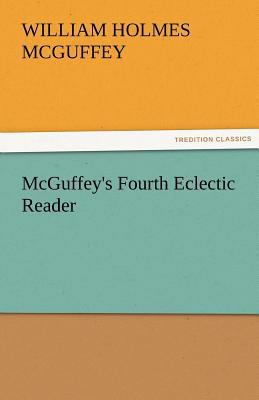
McGuffey's Fourth Eclectic Reader
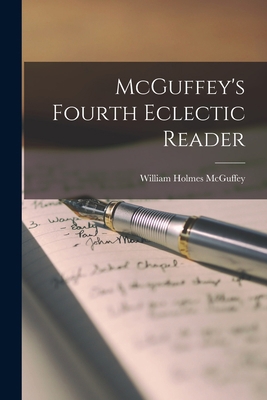
McGuffey's Fourth Eclectic Reader




